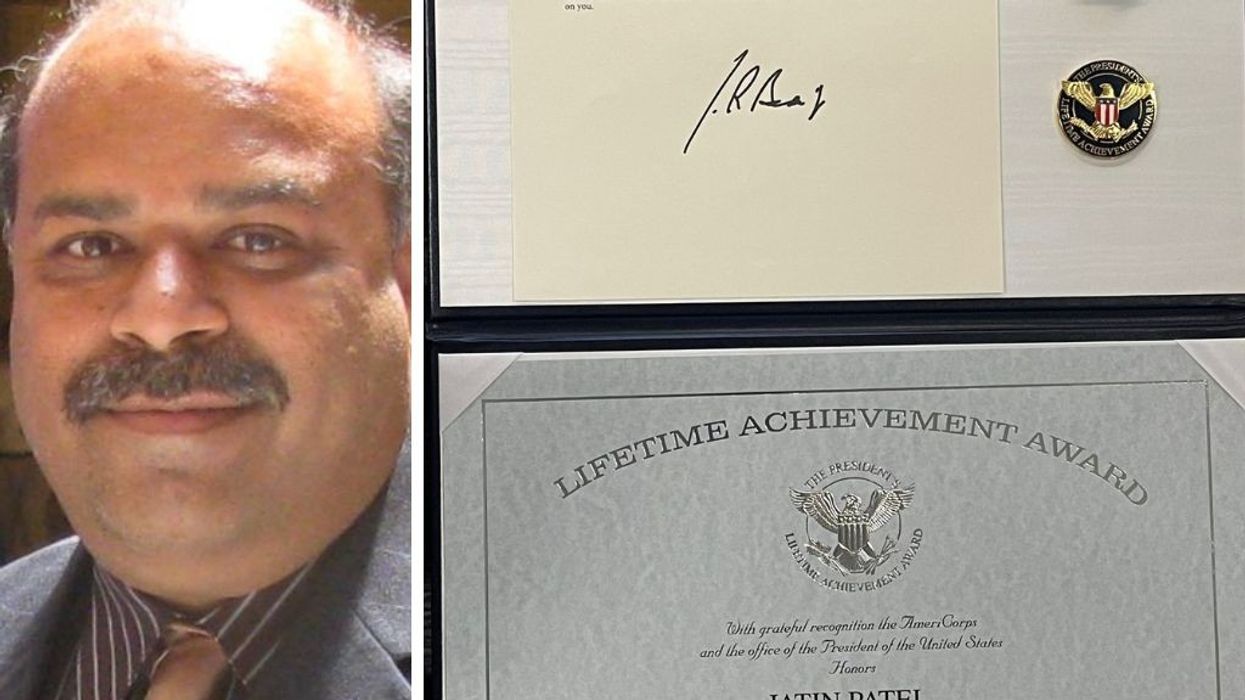US president Joe Biden has awarded Jatin Patel, an Indian-American multi-sport coach, the Lifetime Achievement Award for his lifelong commitment towards building a strong nation through volunteer service. He also received a letter signed by the president.
Besides being a multi-sport coach in cricket, soccer and baseball, Patel is a member of the USA Cricket Hall of Fame, professional sports performance analyst accredited by the International Society of Performance Analysis of Sport and holds Advance Sports Performance and Analysis diplomas (FIFA and Olympic Soccer), a release from US Cricket said.
Patel is also known in the Indian community for playing various roles in the American cricket establishment.
The White House recognised Patel's volunteerism since he moved to the US in 1987 and worked on empowering communities through various non-profit bodies, air force and the army. Apart from helping the US Air Force as health professionals honorary, recruiter and US Army -- Spartan medal & Certificate of Appreciation for Medical Recruiting during his early days in that country, Patel also worked during his free time and over the weekends to help communities through various charitable organisations and projects that aim at aiding the needy for all these decades.
Speaking on his feat, Patel said, “Receiving the President’s Lifetime Achievement Award with the words, ‘with grateful recognition the AmeriCorps and the office of the President of the United States honors Jatin Patel with the President’s Lifetime Achievement Award for their lifelong commitment to building a strong nation through volunteer service’ and signed by President Joseph R Biden, is one of the greatest honours I have ever received.”
He added that receiving such an award signed by the president for volunteer service is "beyond comparison" and expressed a "heartfelt gratitude" for his nomination. He thanked his parents, family and friends for supporting him over the years and made the honour come true.




